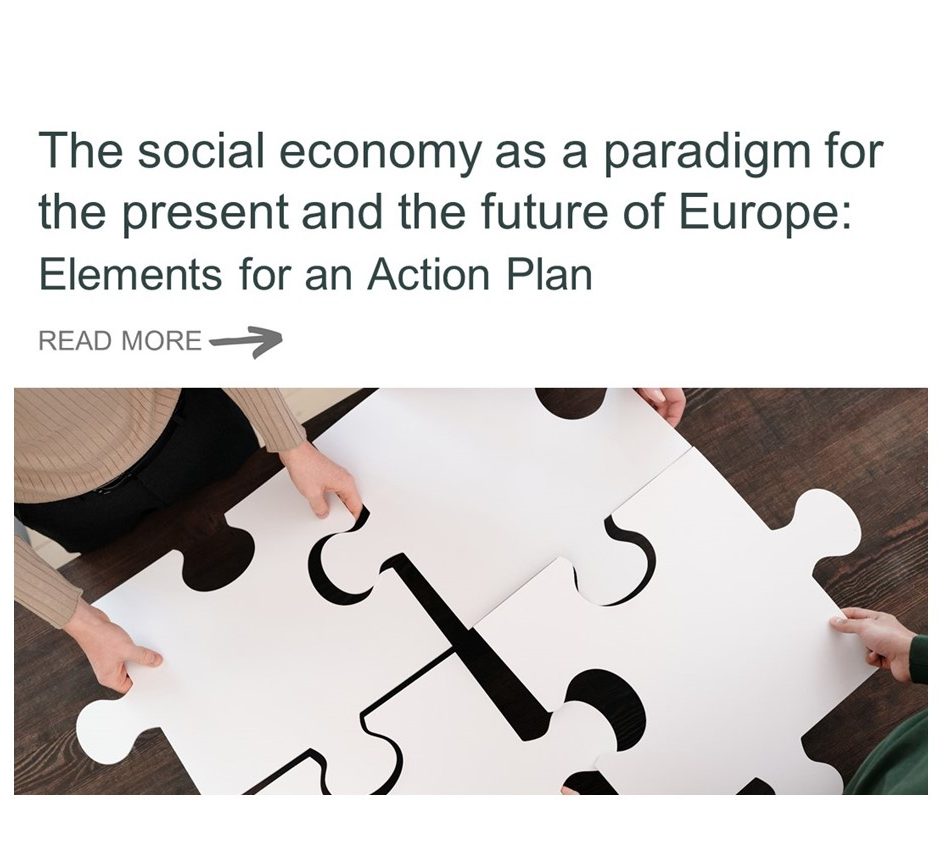Diesis Network & Euricse
For over a decade Diesis Network and Euricse have been working on, with and for the European social economy. As the European Commission prepares to launch a new Action Plan for the Social Economy, this article presents a short summary of our contribution to the Roadmap published on March 1st, 2021.
The Covid pandemic has been an exceptional training ground for grasping the importance of an approach that is not solely oriented towards profit nor based exclusively on the exercise of public authority. After the pandemic and the related economic and social crisis have further exposed all the pitfalls of the free-market approach that has dominated the past three decades, the recipe for recovery cannot be simply a return to public management of the economy. For this reason, the approach of the Social Economy, i.e. the universe of organisations that place at the core of their activities not the distribution of profits but rather meeting the needs of their members and communities, today becomes even more promising and far-sighted.
To get out of the pandemic crisis, we need an approach to designing services that actively involves users, starting from a meticulous knowledge of the communities to which they are addressed. To this end, the ability of social economy organisations to include a variety of actors in the design of social and general interest services, enhancing their skills and resources, will be crucial.
One of the effects of the pandemic will probably be the acceleration of the transition from a welfare system centred primarily on the public sector to a system centred on society as a whole – the so-called welfare society, in which the production of health and social services is distributed among a plurality of different actors, among which a crucial role is played by the organisations of the social economy. This trend concerns not only the production of social services but also many other sectors of economic life, in which it is important to establish a pact of trust between different stakeholders. This applies for example to the agricultural sector, where the issue of food safety requires an alignment of interests between producers and consumers; it is also true for the banking industry, where the relational dimension is crucial in order to facilitate access to credit by the most fragile social categories.
In this context, the social economy today embodies a conceptual approach that represents the synthesis between the values of economic growth and social progress that founded the European institutions. In recent decades, the European Union has promoted the development of a competitive market economy based on the liberal principles of competition and the pursuit of profit. Nowadays, particularly in the light of the situation highlighted by the Covid-19 emergency, it is essential to shift the strong commitment towards a development model that places environmental and social sustainability at the centre and that sees the social economy as a fundamental component of it. With its rich history of consolidated experiences and successful cases, the social economy can help correct the excesses that the market economy model has produced in Europe and in many other parts of the world, to the detriment of the attention to social protection that has been the distinctive feature of the European Union from its origin.
Read the full position paper HERE.
